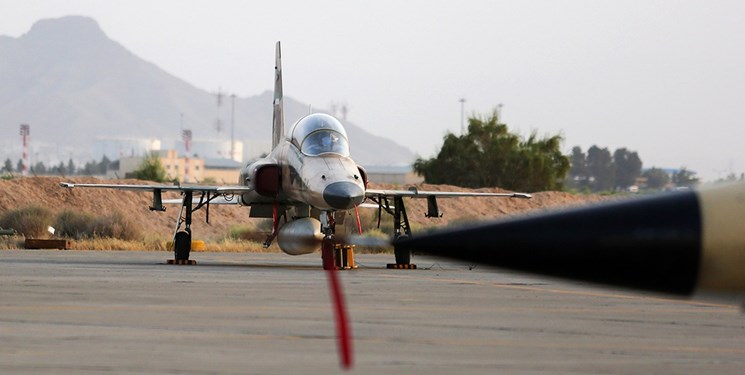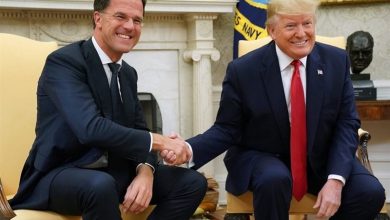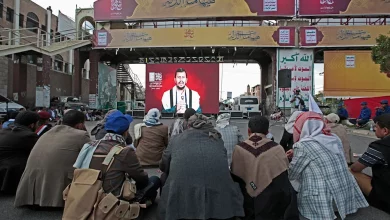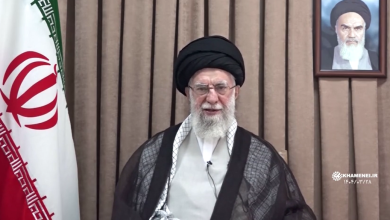Iran’s Su-24, F-4 Jets Annihilate Mock-Up Targets During Massive Drills

The Iranian Armed Forces deployed Sukhoi Su-24 warplanes and F-4 Phantom fighter-bombers during the night-time military exercises to destroy various simulated targets.
Spokesman for the wargames General Alireza Roudbari said the strategic Su-24 military aircraft successfully bombarded mock enemy targets and the F4 jets then flew at low altitudes to fire upgraded indigenous Qassed missiles at the designated targets.
A range of missiles, including laser-guided, thermal and radar-guided ones as well as various domestically-produced bombs and rockets were utilized in the maneuver to hit the aerial targets in various altitudes, he added.
F-4 aircraft deployed flares to lighten up the battlefield and help identify targets, and F-14 aircraft drilled aerial fueling from a Boeing 707 tanker, the spokesperson continued.
The military official also said that the Iranian drones also conducted major operations during the wargames, adding that various combat, reconnaissance and electronic warfare UAVs, such as Kaman-12, Karrar, Mohajer-6 and Arash could destroy targets using different modified bombs with pinpoint accuracy.
The manned and unmanned military aircraft could conduct jamming operations with advanced electronic warfare techniques to paralyze the hypothetical enemy’s air defense systems, the general stated.
The Islamic Republic of Iran Air Force (IRIAF) on Sunday began large-scale military drills codenamed ‘Devotees of the Velayat Sanctuary’, deploying both manned and unmanned aircraft to simulate real battlefield scenarios and enhance the country’s defensive power.
Commander of the Iranian Army’s Air Force Brigadier General Hamid Vahedi stated on Sunday that his forces will employ 92 aircraft in the military drill, including various fighter jets, interceptor aircraft, bombers, and unmanned aerial vehicles.
Iran has carried out numerous wargames in recent years amid military threats against the country by foreign adversaries.
The Islamic Republic’s military doctrine holds that the country’s armed capability solely serves defensive purposes.
Iranian military experts and technicians have in recent years made substantial headway in manufacturing a broad range of indigenous equipment, making the armed forces self-sufficient in the weaponry sphere.
Iranian officials have repeatedly stressed that the country will not hesitate to boost its military capabilities, including its missile and drone power, which are entirely meant for defense, and that Iran’s defense capabilities will never be subject to negotiation.







